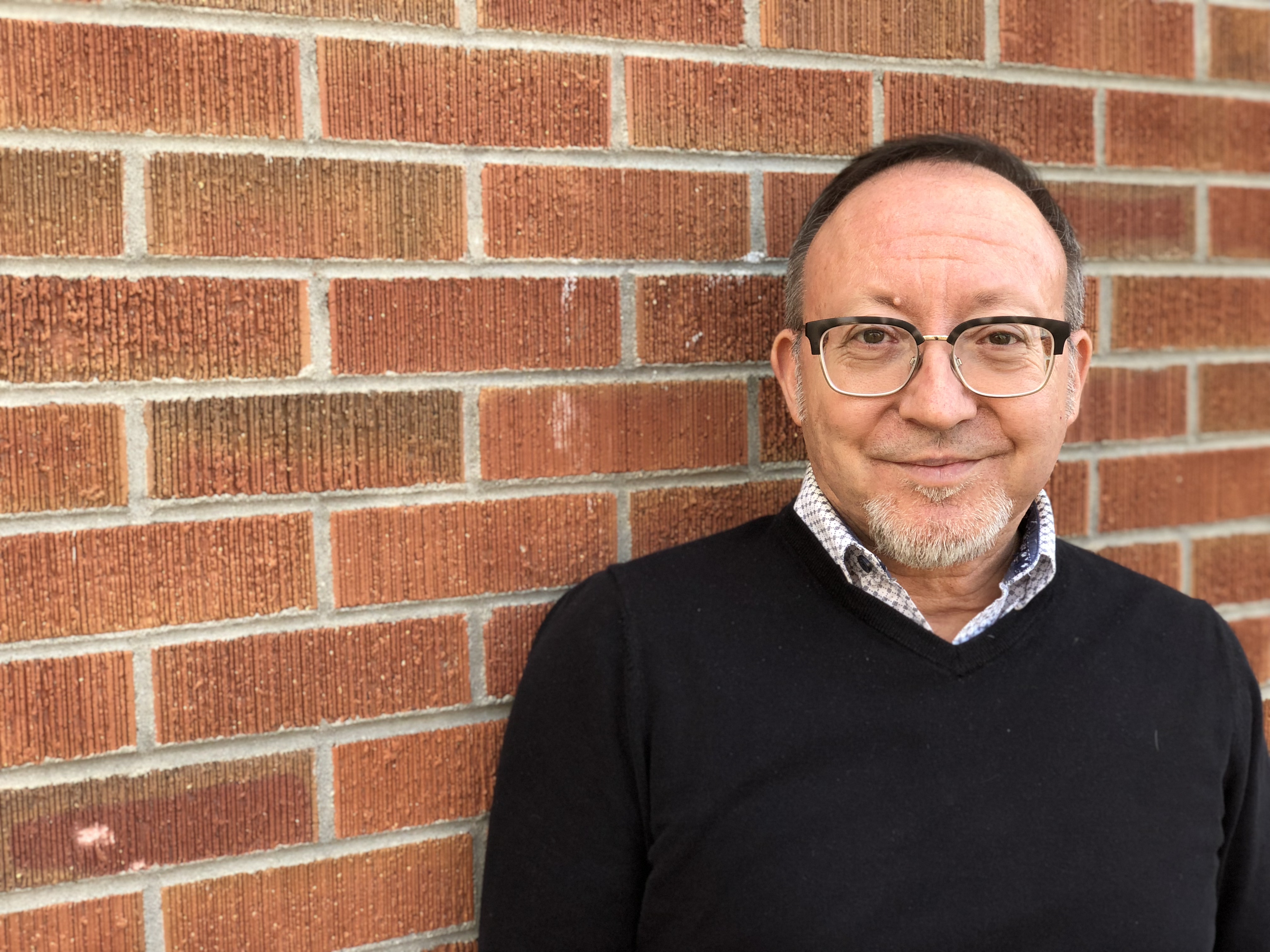Four Areas to Address
“I’ve been coming to WGA for 6 months now and I feel worse—what’s that all about?”
This was a very frequent and frustrated quote from my early days at the ministry. Weren’t things supposed to be feeling better, now that emotional and relational issues were finally being addressed? Not necessarily. For years, I blithely went through life ignoring negative emotions and numbing suffering with various addictions. I was completely unaware of the unhealthy ways I related to others. It’s as if a lifetime of pain had been frozen. Then came WGA and the big “defrost”. Beginning counseling, I faced headlong into experiences long repressed. So, it’s probably not a shock that opening Pandora’s box would be accompanied by some painful memories initially. Hence, feeling worse for a little bit early in the recovery process. In my last blog (here) I discussed how grief is an integral part of the healing journey. I applied the grieving process to 4 areas:
- Losing our ways of coping
- Revisiting our wounds
- Unmet emotional needs
- The grief which leads to repentance
What’s Helpful?
Creating Space to Grieve
Even though there is the usual resistance to feeling grief and pain, it’s important to make space for the areas of sorrow being experienced. I recently came out of a season of grieving over different facets surrounding my sexuality and gender identity. This kind of grief would probably fit in the “Unmet Emotional Needs” category mentioned above. It was a revelation to realize how much pain I have felt over bad choices sexually from my past and the deficits in life which drove the poor decisions. Looking ahead towards the future as a single, celibate person created some grief of never experiencing the emotional, relational, and physical aspects of my sexuality. My feelings around these desires are extensive and grieving honors their importance.
Working Through Resistances
Speaking of resistance. Whether it’s conscious or unconscious, it’s very human to avoid pain or things we don’t want. Facing into addiction or working through wounds or loss is not something we naturally gravitate towards. It’s like going to the dentist. I hate the excruciating process of X-rays, teeth scraping and having hands in my mouth—but I do like having clean teeth. Mindfulness can come in handy as a way of countering resistance. Being aware of what you’re thinking and feeling. Instead of labeling things as “good or bad”, what would it mean to stay open? Instead of pushing back or avoidance, what would it mean to simply sit with the uncomfortable feelings for a bit? This is something that can be practiced daily.
Choosing Vulnerability Over Self Protection
One of my typical resistances is not revealing my needs to anyone. Sound familiar? I grew up with the “pull yourself up by your bootstraps” mentality. Having needs or letting people see my vulnerability meant weakness and failure. It’s been a long time working through this false belief. God has designed us for relationship and community—we are not meant to go it alone. Of course, choosing “who” to be vulnerable with is important. Where is a safe place or who is a safe person that can handle the things being brought into the light? A lot of times these particular issues might be embarrassing (which is what fuels self-protection). But I know from experience shame diminishes when I’m vulnerable with something that feels humiliating, and I’m still loved in return.
Safe Healing Environments
As the saying goes, “The opposite of addiction is not sobriety, it’s connection.” But where are these safe places for connection and who are the safe people? Is it a counselor, a spiritual director, or a pastor? Could it be a support group or Celebrate Recovery? For me, Where Grace Abounds has served as a safe, healing place for decades now. Out of this environment, I’ve been fortunate to cultivate many close friends who I’ve shared life’s joys and difficulties. The staff is also a safe touchpoint for me. It’s these safe places where I’ve been able to battle addiction, share my grief, work through painful wounds, and find acceptance. I am very grateful to God for the community He has put around me. I hope He’s doing the same for you.

Scott Kingry
Program Director
Although he holds a degree in graphic arts, he attributes his ministry qualifications to the “school of hard knocks.” God’s abundant grace continues to be the instrument of growth in his life, and he desires to be firmly grounded in the forgiveness and freedom of relationship with Jesus Christ.
Scott attends a Presbyterian Church.
Make a Difference in Someone's Life
If you enjoy reading WGA’s blogs and would like to show your support, please consider making a donation. Where Grace Abounds is a 501(c)3 non-profit organization. The majority of services, including support groups and discipleship counseling, are provided free of charge. Your financial gifts help to cover the costs associated with offering a free program to those who seek WGA’s services.

